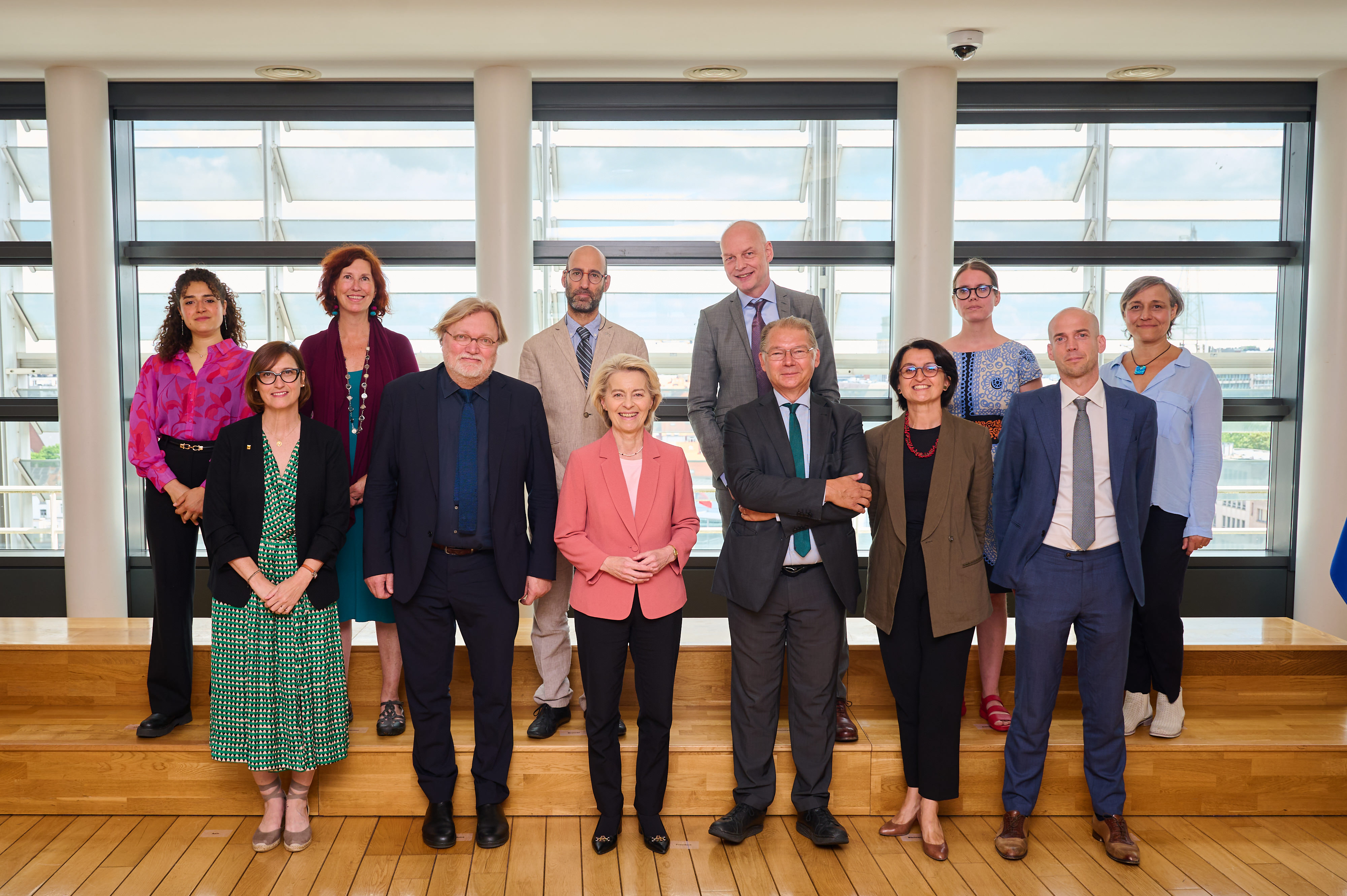Today, directors of the Green 10, of which HEAL is a member, met with European Commission President von der Leyen and shared civil society’s recommendations for policy action.
Today, the European Environment Agency (EEA) publishes the 2020 report on the state and outlook of the European environment. The main conclusion is that Europe faces environmental challenges of unprecedented scale and urgency, thus that change of direction is urgently needed to face climate change challenges, reverse degradation of the natural world and ensure future prosperity. The report highlights that the prospects for reducing environmental risks to health would be improved with better integration of environment and health policies.
It is a clear signal for the Von der Leyen European Commission that took office just this week and that is expected to present its flagship European Green Deal in the coming days.
The Health and Environment Alliance (HEAL) was encouraged to see health protection from environment and climate threats has been included in the political guidelines and in the hearings at the European Parliament, including a zero-pollution strategy with a commitment to align EU air quality legislation to World Health Organization (WHO) recommendations, a ban on endocrine disrupting chemicals in toys, cosmetics and food contact materials and the move towards healthy energy and greater climate mitigation ambition.
At the start of the Commission’s 2019-2024 term, HEAL today calls on the new College of Commissioners to translate the support expressed for environmental health protection into tangible and impactful policy proposals and legislation. HEAL considers that zero pollution and health protection need to be at the core of the Commission’s flagship European Green Deal. It is essential that the European Green Deal delivers on climate change, on clean air and on health protection from hazardous chemicals, including endocrine disrupting chemicals.
- In order to protect health today and in the future, HEAL urges the Commission to up the EU’s climate mitigation goal for 2030 to at least 65% emissions reductions, and set the path to achieving climate neutrality by 2040.
- In order to protect health today and in the future, HEAL urges the Commission to act on exceedances of air standards from day one in office, and to propose an ambitious zero pollution strategy to pave the way for the alignment of EU air standards with WHO and the latest science, as well as further cutting pollution at the source.
- In order to protect health today and in the future, a non-toxic environment5 and an EDC strategy need to be at the core of the European Green Deal, and a move to 100% non-toxic material cycles is necessary by 2030.
Signed by Génon K. Jensen, Executive Director of HEAL, on behalf of:
Action for Breast Cancer Foundation
Association Promotion Recherche Environnement Santé publique (Apres)
Clean Air Action Group
European Public Health Alliance (EPHA)
France Nature Environnement
Fundacion Alborada
Générations Futures
Générations Cobayes
International Network on Children’s Health, Environment and Safety (INCHES)
International Society of Doctors for the Environment, Section Austria
International Society of Doctors for the Environment, Section Italia
Leefmilieu
Mutualités Libres / Onafhankelijke Ziekenfondsen
Pesticides Action Network (PAN) Europe
Réseau Environnement Santé
The Cancer Prevention and Education Society
Tegengif


